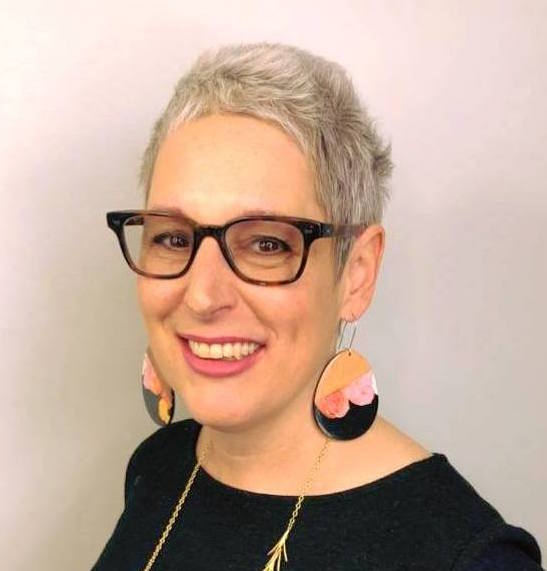
November 2017, the Chicago Urban League released a study entitled “Whitewashed: The African American Opioid Epidemic.” Both local newspapers — Chicago Tribune and Chicago Sun-Times — considered the findings worthy of print. Co-authored by Stephanie Schmitz Bechtelzer and Kathie Kane-Willis, the report shines new light on some very surprising statistics and facts. And while President Donald Trump has pronounced the opioid epidemic to be a public health menace throughout the country, very little is being done to combat this issue, particularly in minority communities. According to the study, African Americans are dying from opioid overdose at alarming rates in Illinois, Wisconsin, Missouri, W. Virginia and the District of Columbia. I spoke with Kane-Willis about some of the findings.
The study reveals there is a big misconception that the opioid epidemic only affects young, suburban and rural White people. What was your approach in dispelling this myth?
Well, I think the big way you can dispel a myth is with data. So walking through the mortality data at the city, state and then US level demonstrates the extent of the issue. When you see that [in] five states (Illinois, Missouri, Wisconsin, Minnesota and West Virginia) the rate of African Americans dying from opioid overdose was higher than the general population, when you look at the stats for Illinois and Chicago, it’s pretty hard to refute that this is happening.
You look at Illinois as a case study. Talk a little about the disparities in tackling the subject?
In Chicago, more than 48 percent of people who died from opioid overdose were African American but African Americans make up just 32% of the population. If you look at the state, nearly one out of four opioid deaths is an African American, even though African Americans make up about 15 percent of the population. When you think about this, you realize that African American folks are dying in much higher numbers than their population.
Reading the study, I found it surprising that Illinois has one of the lowest numbers of treatment centers than other areas of comparable size. Why do you think that is?
Treatment doesn’t just appear. You have to make a concerted effort to make it appear. There is the training of docs, the placement of the center, there are a lot of factors at work. And some doctors really don’t want to treat people with opioid use disorder or any kind of substance use disorder. Here’s the thing that most docs don’t know — you already have people in your practice currently who have OUDs. But you aren’t able to treat them for their addiction, so you refer out. Imagine if we dealt with addiction treatment the way we dealt with any other health disorder, by treating it in your regular doctor’s office. This model can happen and it’s already happening in selected places around Chicago. For example, in South Lawndale there is a health organization called Esperenza, which means hope in Spanish.
What are some factors we, as a community, need to face and address to get a better handle on this dire situation?
I really think we need to come together with folks and find out where to get [the] OD reversal drug Naloxone, which can be used by laypeople, into the hands of people who are at risk of OD. There is a lot of stigma out there and it might be that although Naloxone is available at the jail, and at syringe exchanges and harm reduction programs like Chicago Recovery Alliance, that maybe it’s not reaching the people who might need it the most.
What surprised you most in your findings?
I think I was pretty surprised that the rate for OD among African Americans was higher than among Whites in West Virginia.
For more information, contact the Chicago Urban League, 4510 South Michigan Avenue, Chicago, (773) 285-5800.










